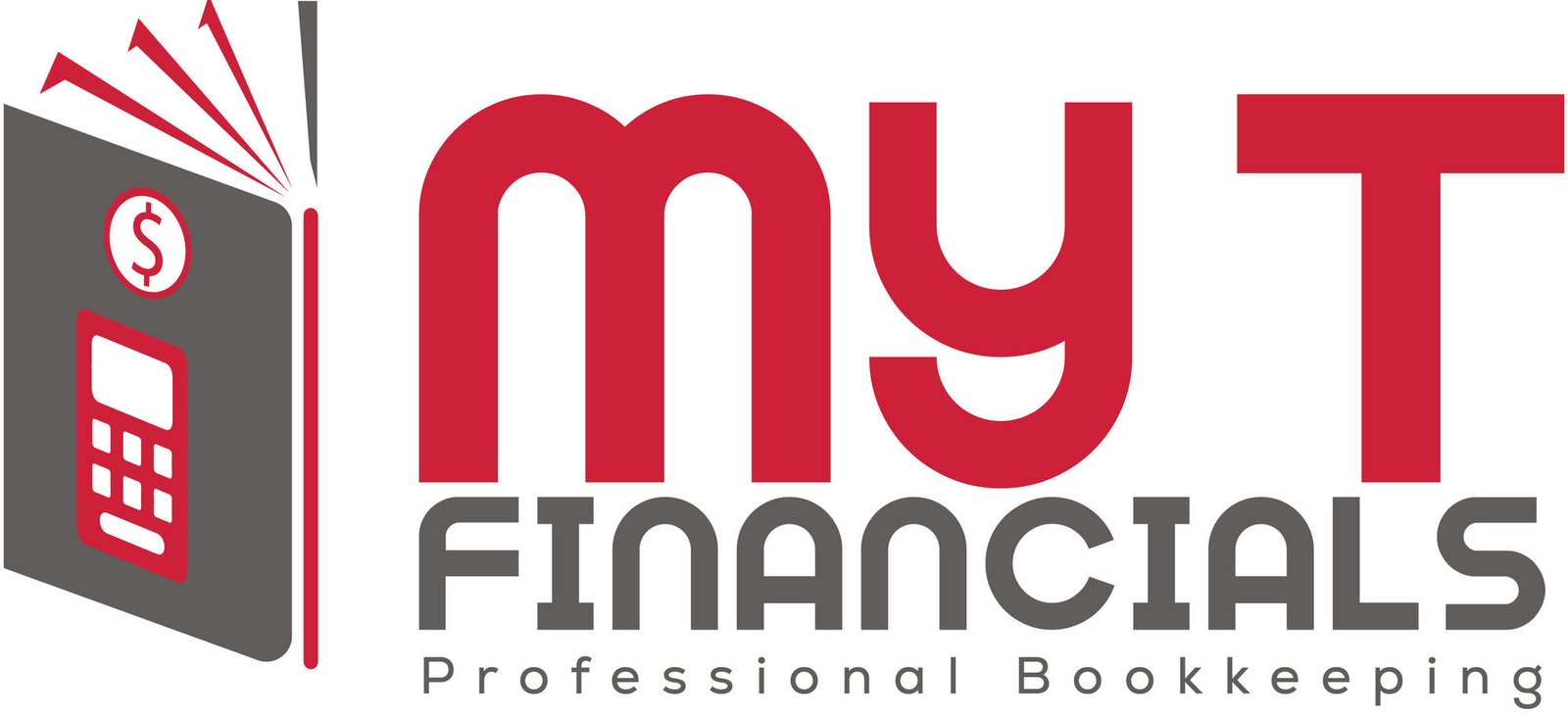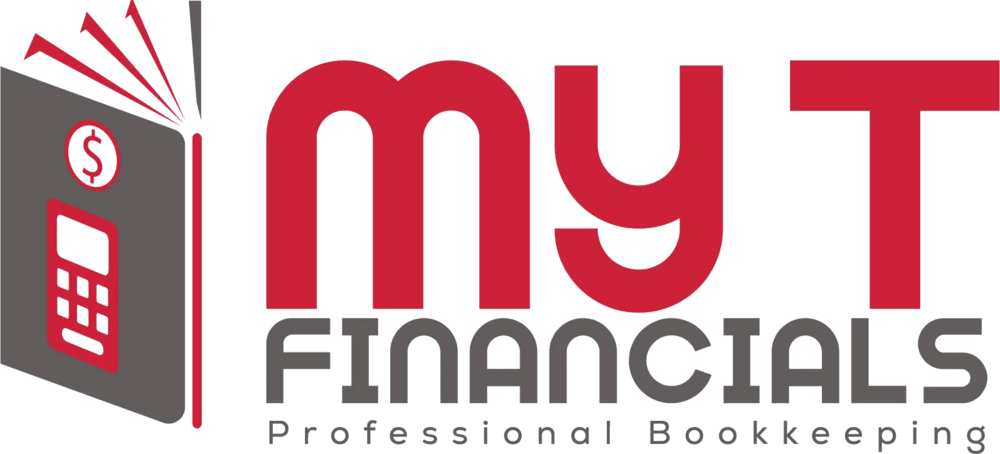As a business owner, as I have been since 2019, there are at least three reports imperative to see and track. I like to see these reports with some nuances which I will explain below.
The three reports are:
- Balance Sheet: The balance sheet is good to see the overall health of the company, it shows what assets you have, what liabilities there are, and what equity you have in the company.
- The assets include money in the bank (absolutely imperative to any business owner), what money you are owed (Accounts Receivable), and what items the company owns. This would include cars (fixed asset), buildings and improvements (fixed asset), and inventory (current asset).
- The liabilities are such items as credit card debt owed, short-term loans, long-term loans, and money you owe vendors (Accounts Payable).
- Lastly, the owners’ equity is just that, the equity (ownership) you have in the business. This is where the owner distributions (also imperative as a business owner) and contributions are.
- The reason the balance sheet is called a balance sheet, is it has to balance-Assets equal Liabilities plus Equity. QuickBooks and other accounting software will make sure of this.
- Profit and Loss: The profit and loss statement is important to look at every month and I like to look at it month-over-month. QuickBooks Online does an excellent job of pulling this report by clicking on the “Display columns by” dropdown and selecting “Months.” This will roll it out in front of you by month and you can look at each category month-over-month to make sure it feels right. This will also show if you have missed entering in an expense you may have paid with your personal account such as your office space from your home (rent) or the company’s portion of your cell phone and utilities-for those offices at home. The Profit and Loss Statement has three main categories.
- Income, which is money coming into the business, either through cash, checks, or credit (accounts receivable if you are accrual basis-save that for another blog).
- Cost of Good Sold (COGS) are expenses or labor you expensed to produce that income. The COGS can be tagged to individual items sold. If you are in the manufacturing industry, it would include the metal used to produce the inventory or items sold. If you are in the landscaping industry, the COGS would include the labor out mowing, fixing sprinklers, or driving the skid steer.
- The Expenses are the rest of the expenditures such as office supplies, rent, dues and subscriptions, insurance, front desk personnel, and management’s payroll. This is often called “overhead” and it cannot be tagged to a specific item or sale.
- Other income and expenses include income and expenses not related to the business’s normal operation, such as credit card cash back and depreciation expenses (to be covered in another blog).
- Statement of Cash Flows: This statement tells the business owner where the cash went. If it is positive, it is cash in hand and if it is negative, it is cash out of hand. Accounts Receivable would be negative if the A/R is going up because it is not cash in hand. Account Payable could be positive because it is money not paid out to a vendor, leaving cash in hand. If there is money on loan, it would be positive because, you guessed it, it gave you cash in hand.
QuickBooks Online does an excellent job of pulling these reports. Under the “Reports” tab, there is an option to pull the “Management Reports” which will print these three reports at one time as a PDF you can present to the bank for a loan or to your spouse to show him or her that your hard work of being a business owner is paying off!
to the reports I like, just looking for irregularities month over month.
As a small business owner, how do you take a draw.
Why is my net income overstated?
Who do I send 1099s to?
Year-end
Why doesn’t my bank account equal my sales?
- A/R
- Expenses
- Prepaid expenses
- Withdrawals
Why doesn’t my bank account equal my Net Income?
- Draws unintentional
- Assets such as A/R, Prepaid Expenses, Fixed Assets
Who do I send a 1099 to?
As school is back in session, it seems like the year is drawing to an end and we start to think about business required filings, particularly 1099s. Who do we need to send a 1099 to? Great question!
There are several organizations/individuals we need to send 1099 to, we will focus on the independent contractors in this blog but we also need to send them for rent payments over $600,


